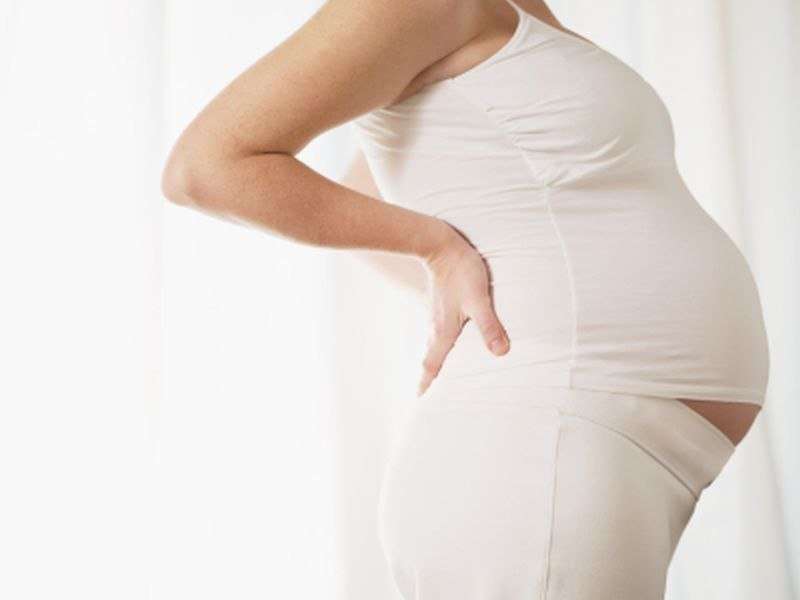(HealthDay)—For children exposed to antiepileptic drugs (AEDs) in utero, the risk of autistic traits may be mitigated by use of periconceptional folic acid supplementation, according to a study published online Dec. 26 in JAMA Neurology.
Marte Bjørk, M.D., Ph.D., from the University of Bergen in Norway, and colleagues conducted a population-based prospective cohort study involving Norwegian-speaking women attending routine ultrasonographic examinations. Data were included for 104,946 mothers of children aged 18 to 36 months with available information on use of AEDs and folic acid supplementation.
The researchers found that the risk for autistic traits was significantly higher at 18 and 36 months of age for the 335 children exposed to AEDs (adjusted odds ratios, 5.9 and 7.9, respectively) when their mothers had not used folic acid supplements, compared with children of mothers who had used supplements. The corresponding risks were lower at 18 and 36 months of age among women without epilepsy (adjusted odds ratios, 1.3 and 1.7, respectively); the corresponding risks were not significant at 18 and 36 months of age among the 389 children of women with untreated epilepsy. There was an inverse association for the degree of autistic traits with maternal plasma folate concentrations and folic acid doses. There was no correlation for AED concentration with the degree of autistic traits.
"Fertile women using AEDs should take folic acid supplements continuously," the authors write.
One author disclosed financial ties to Novartis.
More information:
Abstract/Full Text
Editorial (subscription or payment may be required)
Journal information: Archives of Neurology
Copyright © 2017 HealthDay. All rights reserved.





















